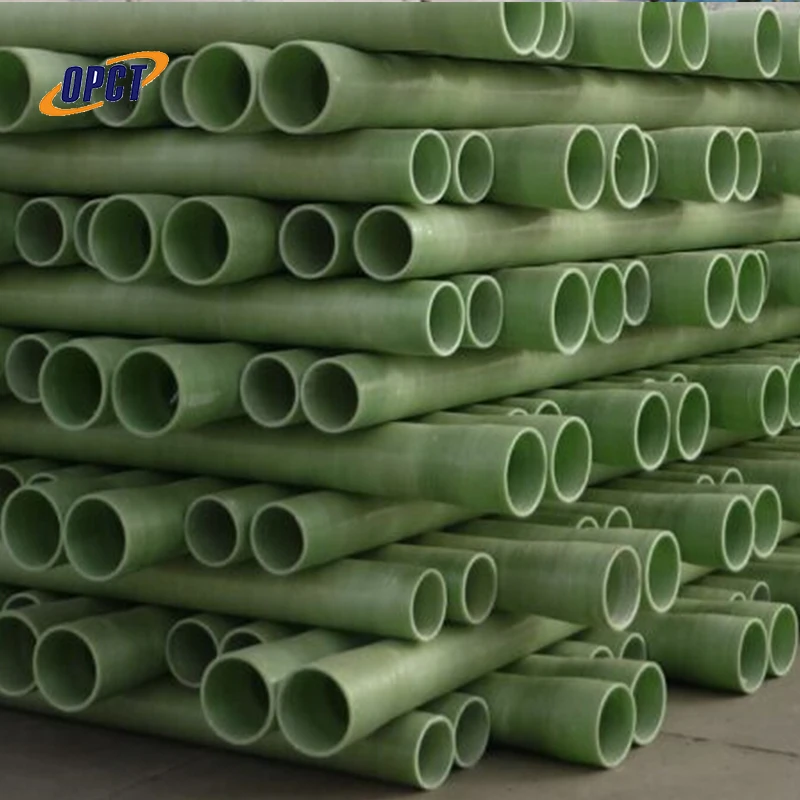


Potassium sulfate, chemically denoted as K2SO4, stands out as a vital compound in agriculture and industry, combining reliability with versatility. Its applications are not only diverse but also crucial, particularly in sectors that demand precision and high-quality outputs.

In agriculture, potassium sulfate serves as an essential fertilizer, offering a wealth of benefits that modern farming cannot ignore. The distinct advantage of K2SO4 lies in its dual-component profile—potassium and sulfur. Unlike other potassium fertilizers, potassium sulfate does not introduce chloride into the soil, making it a preferred choice for chloride-sensitive crops such as tobacco, fruits, and vegetables. This ensures that essential nutrients are delivered without any antagonistic effects on soil health or crop growth.
Moreover, potassium in the agro-industrial context plays a central role in enhancing plant resistance to diseases, improving root strength, and promoting the efficient transport of water and nutrients. The application of K2SO4 can lead to better yields and superior crop quality, attributes that farmers and agronomists highly value for both economic and culinary reasons. The presence of sulfur aids in enzyme activation, boosts photosynthesis, and improves nitrogen use efficiency, a substantial bonus in agro-ecosystems striving to maintain sustainability and productivity.

Industrially, potassium sulfate is embraced for its purity, effectiveness, and versatility. It is used in the manufacturing of glass and in the textile industry, where it helps in the dyeing process by balancing the properties of dyes and fabric. The compound is also employed in the drilling fluid sector, where its solubility and non-reactive properties make it a valuable component in oil and gas extraction processes. Its stable nature under varying temperatures and in presence of other chemicals underscores its importance in these challenging environments.
From a health and safety perspective, potassium sulfate is considered a low-risk chemical, making its handling and application straightforward with minimal potential for adverse effects. Its environmental footprint is also minimal, as it breaks down into its nutrient constituents without lingering hazardous residues, aligning with eco-friendly agricultural practices.
When selecting potassium sulfate for industrial or agricultural use, it's essential to consider factors such as the purity of the product and the specific needs of the crops or industrial processes in question. A high-grade potassium sulfate ensures optimal performance, directly translating to improved agricultural yields or more efficient industrial processes.
For practitioners and stakeholders aiming to optimize their use of potassium sulfate, collaborating with experts in agriculture or industrial applications can provide valuable insights. Such partnerships can be pivotal in tailoring approaches that maximize the benefits of K2SO4, ensuring that its deployment is both efficient and effective.
In conclusion, potassium sulfate is more than just a chemical compound; it is a cornerstone of sustainable agriculture and reliable industrial processing. Its role in promoting healthier crops and more robust industrial outputs cannot be overstated. Investing in high-quality potassium sulfate and leveraging expert guidance ensures that both the agricultural and industrial sectors continue to reap the benefits of this indispensable compound.